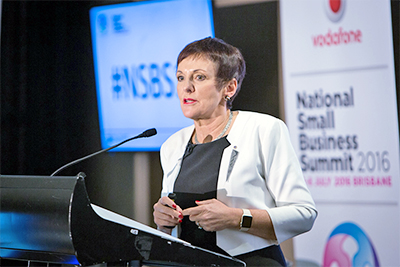QRC supports critical minerals investment push
THE Queensland Resources Council (QRC) has welcomed the Australian Government’s announcement of new finance pathways for critical minerals projects, along with a special project facilitation office.
QRC chief executive Ian Macfarlane will join Resources Minister Matt Canavan’s Australian critical minerals delegation to Washington next week to further develop the US-Australia trading partnership.
“Queensland will be at the forefront of the development of Australia’s critical minerals,” Mr Macfarlane said.
“This emerging part of the resources sector will play a strategic role for Australia in terms of defence industries, manufacturing, trade and regional development.
“Our rich resources state of Queensland has significant reserves of key critical minerals including battery-related minerals," he said.
“We have 13 percent of Australia’s economic demonstrated resources of copper, 3 percent of nickel, 6 percent of zinc, 18 percent of graphite, along with 70 percent of molybdenum and significant identified deposits of cobalt, rhenium, scandium, tantalum, niobium, lithium, rare earths and vanadium.
“What’s more, the resources are identified thanks in large part to the $100 million Exploring for the Future program, which will make the area between Tennant Creek and Mount Isa one of the best mapped parts of Earth," Mr Macfarlane said.
“New investments will also mean new jobs and opportunities for regional Queensland. Our resources sector is already a powerhouse of the Queensland economy, making up one in every five dollars and one in every seven jobs.
“New investments in critical minerals will add to the jobs and possibilities in our world-leading coal, gas and metals sectors. QRC is particularly focussed on ensuring the best planning and development of the critical minerals supply chain," he said.
“This should include investments in transport infrastructure, as well as opportunities for processing and value adding of critical minerals within Queensland.
“QRC welcomes the opportunity to further discuss these issues and ways to strengthen global markets for Queensland commodities during the Australian trade delegation to the United States," Mr Macfarlane said.
“QRC also looks forward to working with the Queensland Government on the development of the North West Minerals Province, which will be a hub for the state’s critical minerals industry.”
ends
- Created on .

 How to resolve AdBlock issue?
How to resolve AdBlock issue? 